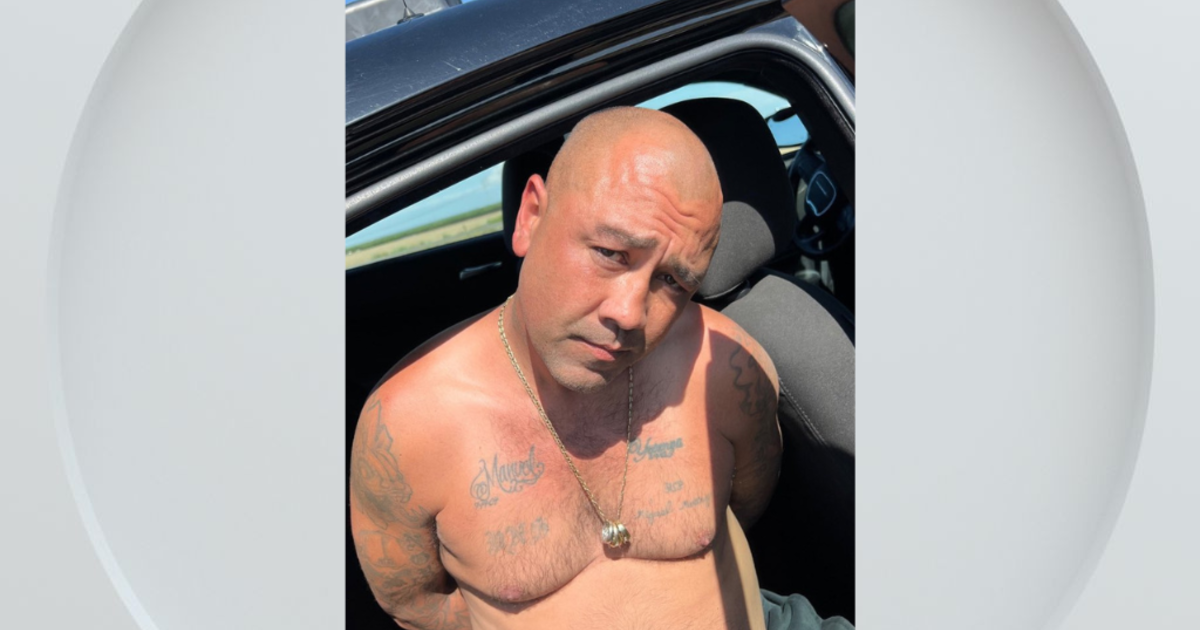Medical Board Suspends Oregon Doctor For Stem Cell Treatments
Oregon Medical Board has issued a rare emergency suspension of a Eugene physician's license after the doctor conducted experimental stem cell treatments on patients.
The board considers Dr. Kenneth Welker's medical practice an immediate danger to the public.
Welker can appeal the suspension, issued Thursday. He did not return calls from The Associated Press on Friday, nor did the clinic at which he's employed, Oregon Optimal Health.
According to his online biography, Welker is a trained surgeon who quit his practice to pursue alternative medicine in 2007.
In May 2013, the board's suspension order says Welker injected processed stem cells into the spine of a 62-year-old woman, and was confused when she began to sweat and feel tingling in her extremities.
Stem cells, unlike other cells in the body, have two distinct characteristics. They can renew themselves through cell division, and they are not specialized in the way that muscle cells or brain cells are. Under certain conditions, they can be induced to transform into organ- or tissue-specific cells.
In 1998, researchers discovered how to derive stem cells from human embryos, and in 2006, they determined how to induce some specialized adult cells to take on the genetic characteristics of stem cells. These are called induced pluripotent stem cells, or iPSC.
iPSC have long been used to treat cancers such as leukemia and lymphoma - it's what doctors are using when they do bone marrow transplants. The cells are being studied for everything from heart disease to diabetes, but it's too soon to know if these approaches are safe or effective.
Advocates of alternative medicine have heaped praise on the possibility of using iPSC to treat a variety of maladies. Texas Gov. Rick Perry, for instance, had stem cells taken from fat in his own body, grown in a lab and then injected into his back and his bloodstream during a 2011 operation to fuse part of his spine.
But scientists have questioned the safety and wisdom of Perry's treatment, especially because it was not part of a clinical trial in which unproven therapies are tested in a way that helps protect patients and advances medical knowledge.
In Welker's case, according to the board complaint, he went much further, telling his patients that iPSC was the fix to their varied ailments: their arthritis, their patellar tears, their vertigo.
In five cases, Welker pulled fat from patients' bodies, processed it in some way, then injected the solution back into the patients' bodies.
In one case, a woman identified only as "Patient J" came to Welker complaining of dizziness and unsteadiness. She had previously been diagnosed with multiple sclerosis.
Welker told her, according to the board order, that stem cell treatment could help her "neurological growth," and on May 14, 2013, Patient J signed a consent form to have a "fat transfer." The form noted that the procedure has "inherent risks." The board notes that such a procedure is not approved by the U.S. Food and Drug Administration.
Welker used liposuction to remove fluid and fat from Patient J's abdomen, processed it, then injected some of the processed solution into her spine and administered the rest intravenously.
"Within 5 minutes, Patient J complained of tingling in her body and both legs," according to the order. "(Welker) noted that she had a high respiratory rate and elevated blood pressure with a lot of perspiration that lasted 45 minutes."
Welker was surprised, and could not explain the reaction. He didn't report Patient J's reaction to the FDA.
It's unclear in which way the cells were "processed." The board's investigative files were unavailable on Friday.
Welker "subjected Patient J to a series of (treatments) that were not medically indicated," the board wrote in Welker's suspension order, "and subjected her to an unnecessary risk of harm."
Medical board director Kathleen Haley says the treatments are far outside the standard of care for doctors.
"Those are serious risks that patients obviously should not be subjected to," Welker said.
An emergency suspension means that the board has already issued stipulated orders to Welker that he change his practice, and that Welker disagreed with the stipulation. The board must also believe that Welker's practice could pose an immediate public threat.
The order contained other allegations against Welker, chiefly that he failed to check his patients' basic diagnostic signs and failed to notice key changes like elevated blood pressure. In one case, he injected a 77-year-old man with testosterone and other supplements while failing to monitor his vital signs.
The man, "Patient B," suffered a series of strokes, which the board said Welker failed to address while providing "misleading information" for treatment of strokes.
Welker can request a hearing within 90 days.
___
Contact reporter Nigel Duara on Twitter at http://www.twitter.com/nigelduara
Copyright 2014 The Associated Press.



